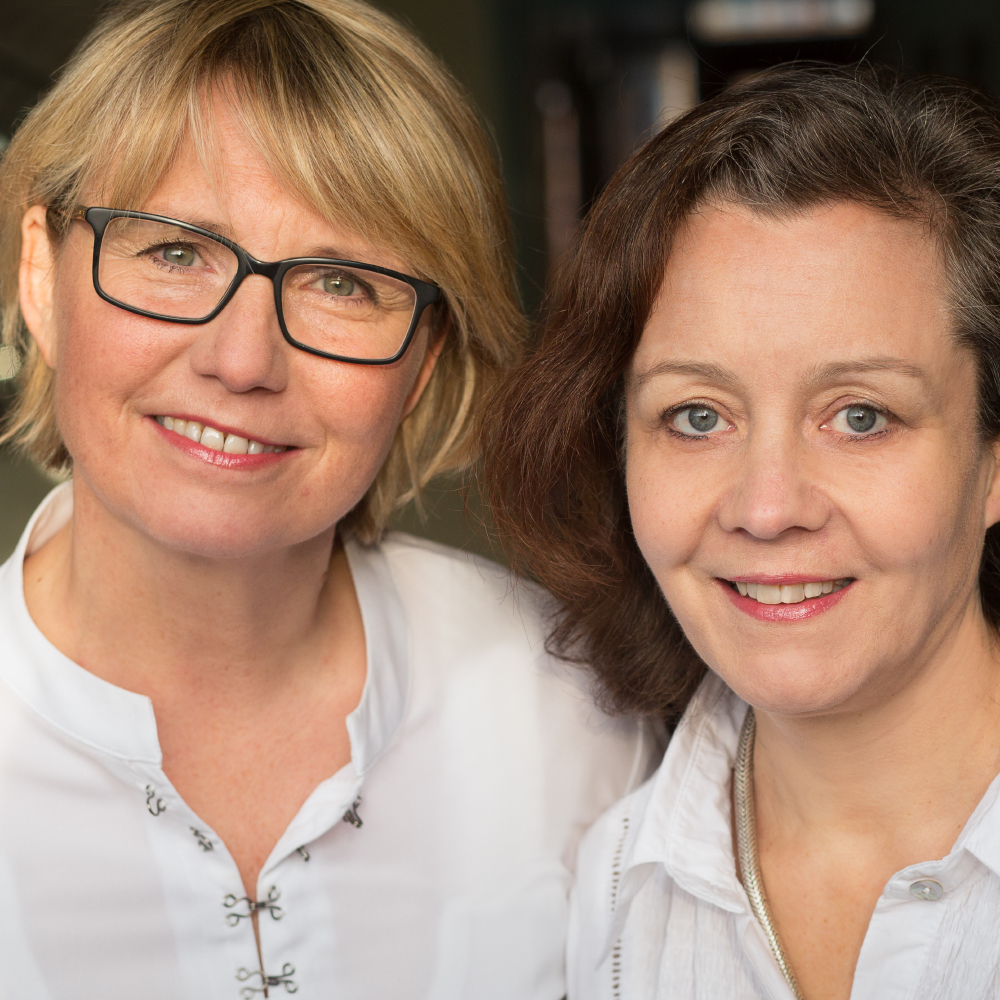Imagine you are one of the 76,000 people leaving prison in England every year. Like 75% of ex-offenders you have no job to go to. You have the £46 in your pocket they gave you at the gate when they opened it. It will be 6 weeks before you get any benefits. You go to the job centre. Your confidence is on the floor and you feel as if everyone is staring at you. You are one of “them”: a criminal, an ex-offender. You are no longer one of “us”.

Heather and Jane think so
How tempting would it be to seek out the company of those who wouldn’t judge you? Who might give you a “job”, as long as they didn’t ask too many questions?
Only 12% of employers say they have knowingly employed an ex-offender in the last three years. Having a job means you are half as likely to re-offend. Reoffending is at 48-60%: higher for young offenders serving short sentences.
The cost to us as a society of not being willing to give people who have come out of prison a second chance is huge. We’ve got 85,000 people locked up at any one time (twice as many as 20 years ago). This is costing us in the region of £306 million (that’s £36K per prisoner), per annum. Without a second chance a prison sentence actually becomes a sentence to a life on benefits or a life of crime. And 76,000 people come out every year. Fifty thousand to no job. That’s a lot of wasted potential.
Children pay an enormous price for their parents’ crimes.
Women only make up 5% of the prison population, yet in any one year about 17,000 children are separated from their mother because she is sent to prison. Only 9% of those children will be cared for by their Dads. The cost to the state of separating these Mothers and children is about £17M over 10 years. Children who have suffered parental custody are three times more likely to end up in prison themselves. Is this a price worth paying, given eighty percent of women are in prison for non-violent crime and half committed their crime to support someone else’s drug use. Most women are serving sentences of under 6 months. Yet we send more away. Between 2009 and 2013 shop theft by women fell 4% yet the number of women sent to prison for shoplifting increased by 17%. Why?
Here are two novel but practical ways employers can help end this madness. Charity Blue Sky, run a “try before you buy” scheme. Instead of employing someone directly, you can contract Blue Sky to do the work. They only use ex-offenders. The people you like you can then take onto your own books. Any issues, they sort them out. Or you can go to a Beating Time Concert or rehearsal and meet and get to know people whilst they are in prison. Beating Time run performance workshops as a way of developing commitment, team working skills, focus, flexibility and confidence whilst inside so people are “work ready” when they come out.
You can contact them on: www.choirsbeatingtime.org or at www.blueskydevelopment.co.uk

